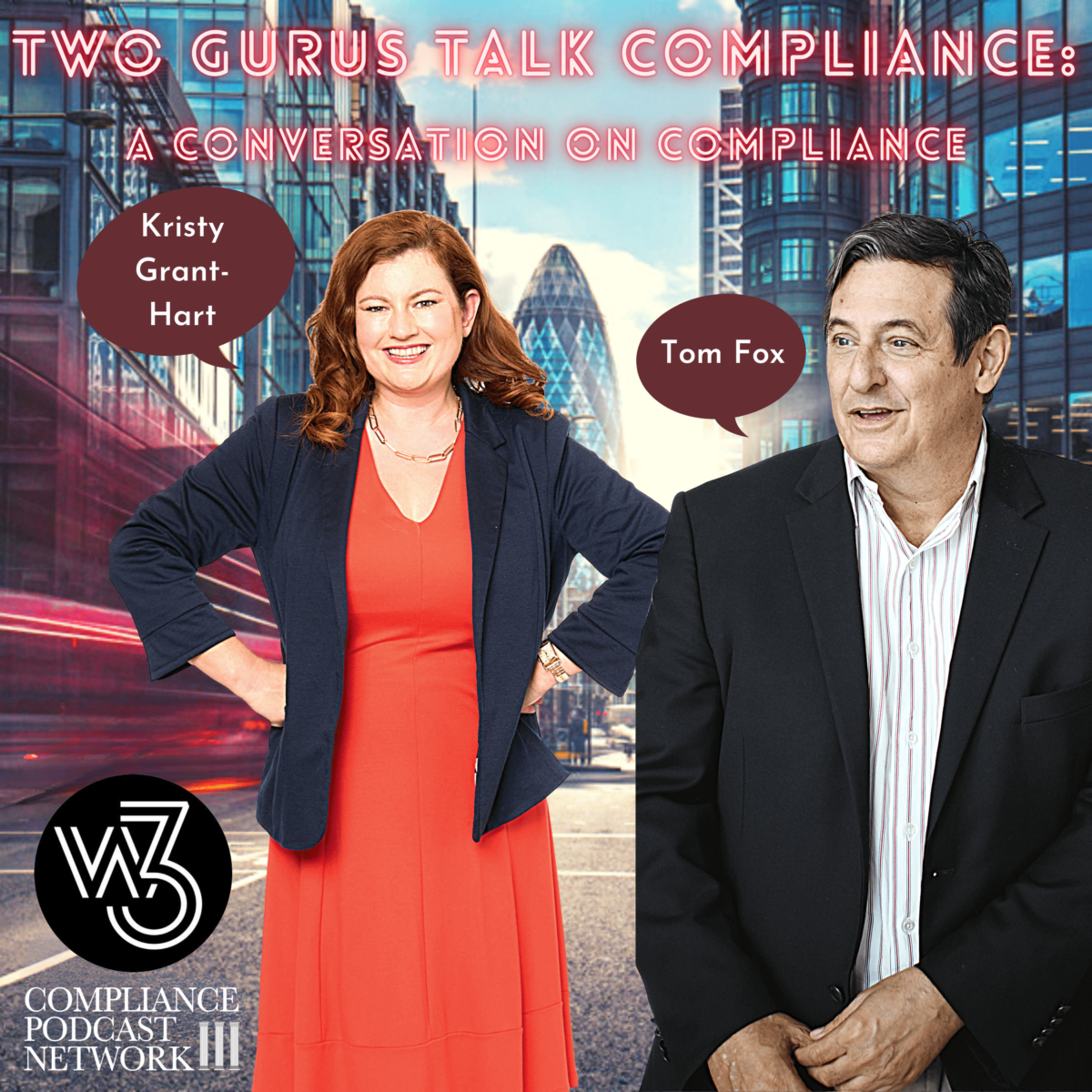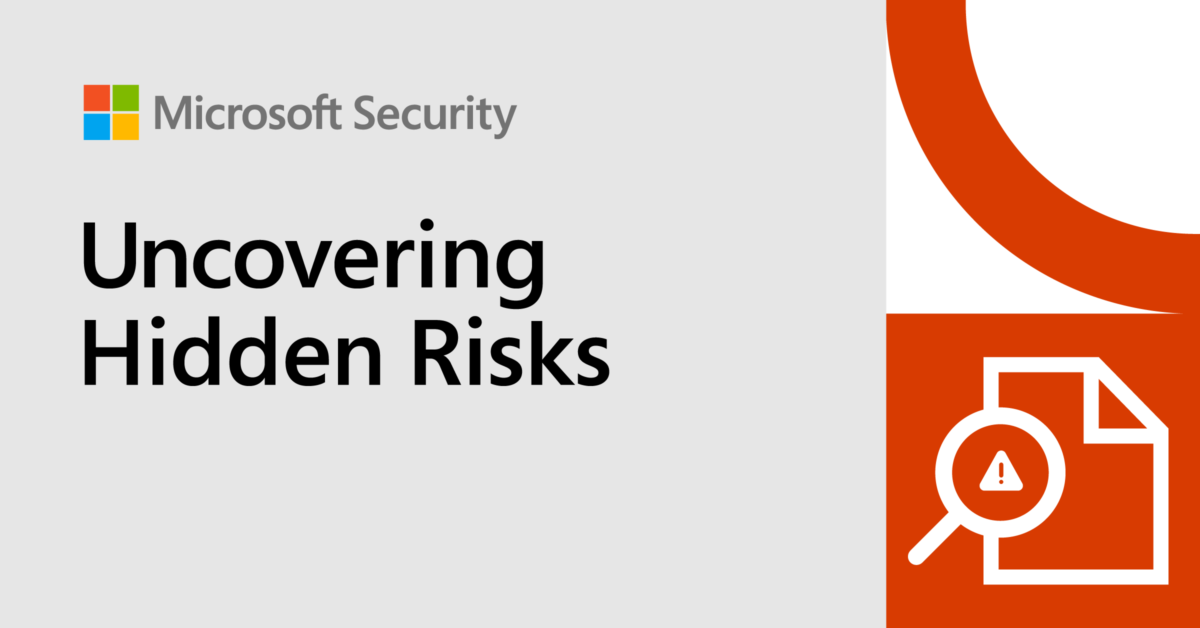California’s privacy agency, the California Privacy Protection Agency (CCPA), targeted design features and contracting policies used by many companies in its inaugural enforcement strike under the state’s data privacy law. This demonstrates a “broad regulatory approach experts say promises to heat up as the agency continues to mature.” In an article in Law360, author Allison Grande looked at the recent enforcement action against American Honda Motors Company (Honda).
California’s recent privacy enforcement action against Honda has made headlines, and rightly so. This inaugural move by the California Privacy Protection Agency (CPPA) sends an unmistakable signal to corporate compliance professionals: it’s time to examine data privacy practices closely or risk significant consequences.
The CPPA’s allegations against Honda were not industry-specific; instead, the allegations highlighted universal challenges and concerns around data privacy practices and compliance that apply broadly across sectors. Why should compliance professionals sit up and pay close attention?
Firstly, consider consumer data requests. Honda faced scrutiny for requiring excessive information from consumers exercising their privacy rights, specifically when opting out or limiting data use. This nuanced point underscores a critical compliance lesson: not all privacy rights are equal, nor should they be managed uniformly. Compliance teams must tailor their mechanisms, perhaps even developing distinct web forms or processes, to differentiate between requests requiring identity verification and those not.
Grande quoted Gregory Leighton from Polsinelli PC, who said, “Once there’s an investigation open, the CPPA will clearly look at everything.” An open investigation invites regulators to scrutinize every aspect of your compliance program. Compliance teams need robust processes and airtight documentation to withstand such scrutiny.
Secondly, the issue of “symmetry in choice” came into sharp focus. Honda was flagged for making it more straightforward for users to activate advertising cookies than turning them off, a seemingly minor point with significant implications. It emphasizes that regulators now view user experience in data privacy tools through a strict compliance lens. A two-step process for disabling versus a one-step process for enabling cookies was enough to trigger regulatory criticism. Compliance officers should revisit user interfaces of consent management platforms and cookie notices, ensuring equal simplicity in opting both in and out.
Another critical compliance takeaway surrounds vendor management and contract documentation. Honda stumbled by not swiftly producing its contracts with third-party advertisers. This illustrates vividly that having contracts isn’t enough; immediate access and retrieval capability are equally crucial. Grande quoted Lily Li of Metaverse Law, who noted, “The Privacy Protection Agency was looking under the hood,” spotlighting the importance of being compliance-ready regarding documentation.
Beyond immediate lessons, this enforcement marks a new maturity stage for the CPPA. The agency’s stringent interpretations mean past assumptions about compliance, such as the adequacy of generic, broadly used privacy forms or common consent tools, are being upended. Compliance teams should anticipate increasingly rigorous scrutiny and proactive enforcement stances from regulators.
Lisa Sotto, chair of the global privacy and cybersecurity practice at Hunton Andrews Kurth LLP, summarized her thinking, indicating California’s regulator’s growing maturity and stringent interpretations. Similarly, Travis LeBlanc from Cooley LLP emphasizes that this enforcement action has broader implications for any company engaging digitally with consumers, highlighting the CPPA’s widening lens.
Adding to the urgency is the CPPA’s leadership transition. The incoming executive director, cybersecurity veteran Tom Kemp, signals a future of heightened enforcement activity. Kemp’s background and commitment to stringent enforcement strongly suggest a proactive regulatory stance.
Compliance professionals must recognize that federal pullback on data privacy regulation will likely spur increased state activity. California’s actions could be the vanguard for similar initiatives in other states. Manatt’s Brandon Reilly notes the completion of rulemaking and transition toward increased enforcement activities at the CPPA, predicting a significant uptick in regulatory actions.
In short, compliance teams must prioritize several key actions to remain ahead of this regulatory curve.
- First, differentiated handling for various privacy rights requests is crucial. Compliance teams need precise frameworks and targeted methodologies to distinguish between requests that necessitate identity verification and those that do not, ensuring effective and compliant processes.
- Second, ensuring symmetrical ease in privacy-related user choices demands careful evaluation of user interfaces and consent management tools. Regulators will increasingly expect businesses to offer equally simple options for consumers to turn data-sharing functions on or off, emphasizing intuitive design and fairness.
- Third, rapid accessibility and comprehensive documentation of third-party contracts have become imperative. Compliance teams must establish contractual arrangements with vendors clearly defining data handling and protection standards and maintain them in an organized, readily accessible manner to respond swiftly to regulatory inquiries and investigations.
The CPPA’s Honda is not simply California-specific but a wake-up call nationwide. Compliance professionals must heed this signal and review and reinforce privacy programs proactively. As Leighton warns, the enforcement action is likely “just the tip of the iceberg.” Now is the time for compliance to look deeply and proactively under their data privacy hoods.







